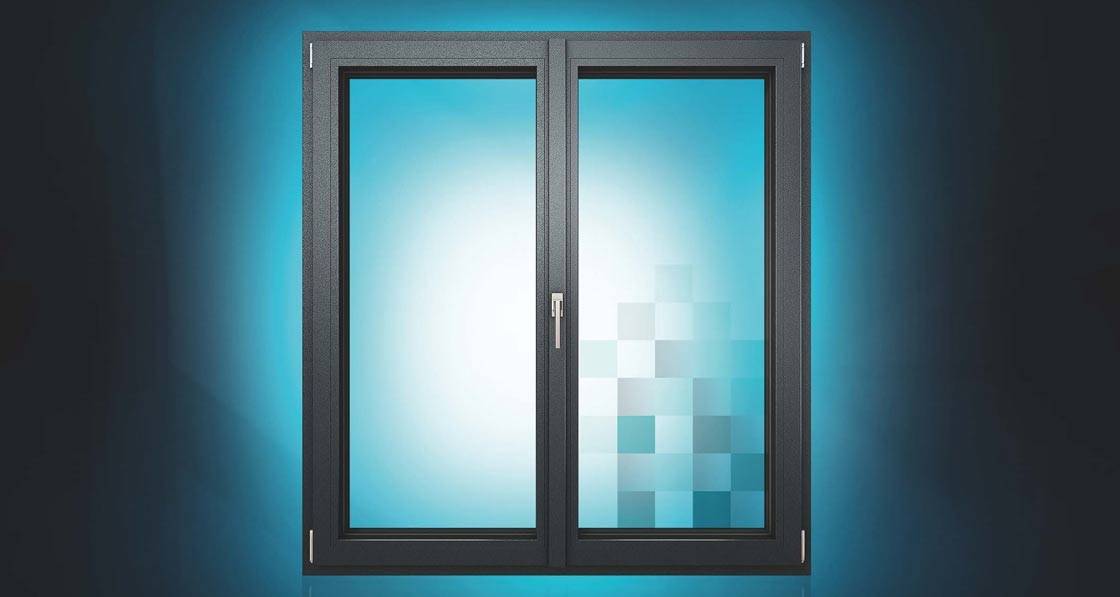
- Marketplace
- Posted
uPVC windows can be surprisingly eco-friendly — MBC Project
The environmental impact of uPVC windows can be substantially reduced through proper recycling at the end of life, according to MBC Project, the Irish supplier of windows and doors for low energy and passive house projects.
This article was originally published in issue 28 of Passive House Plus magazine. Want immediate access to all back issues and exclusive extra content? Click here to subscribe for as little as €10, or click here to receive the next issue free of charge
“Generally people think that to be eco-friendly, when it comes to choosing windows, they have to choose timber or alu-clad — and it does give you the feeling that you’re getting eco-friendly materials, because they’re natural,” said Martin Labedz of MBC Project.
“But timber isn’t necessarily the most sustainable — it depends on how the forests that it comes from are managed.”
“At the same time, people tend to think uPVC is the most ‘fake’ material — they think of plastic bags and plastic polluting the oceans and rivers, for example. But actually, thanks to the way PVC is made, it can be fully recycled at the end of its life, it just depends on what procedures the manufacturer has in place.”
MBC Project supply the Oknoplast range of uPVC windows, which are based on profiles from leading uPVC window profile manufacturer VEKA AG.
“VEKA is the largest manufacturer of uPVC profiles for windows and doors in the world and one of the global leaders in uPVC recycling. They will happily take back windows built from their profiles at the end of life, and use them to remake new, more advanced modern profiles.”
At VEKA’s plant at Behringen in the German state of Thuringia, the company now has two recycling lines with the capacity to recycle 50,000 tonnes of uPVC per year.
MBC Project also supplies timber and aluminium windows, Labedz says, discussing the pros and cons of the various materials.
“Wood is a high-end material, but its durability is worse than PVC or aluminium, particularly in Ireland where moisture is ever-present. So it’s important to look at how the timber is treated and protected, and how the profiles are bonded. While exposure can be reduced by cladding it with aluminium, the timber may still be affected by water vapour in the air.”
“Aluminium offers the highest level of durability and structural ability. This means that the windows can be made in the largest dimensions and are least affected by the atmospheric conditions throughout their lifetime. It also offers the widest range of colours.”
Related items
-
 EPDs key to reducing embodied carbon – Munster Joinery
EPDs key to reducing embodied carbon – Munster Joinery -
 Mannok named one of Ireland’s best managed companies
Mannok named one of Ireland’s best managed companies -
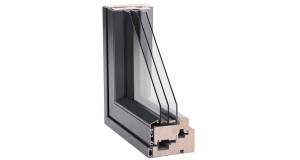 Aluclad windows offer numerous advantages: Prestige Aluclad
Aluclad windows offer numerous advantages: Prestige Aluclad -
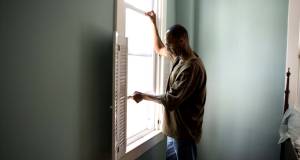 Window-opening unreliable for ventilation, study finds
Window-opening unreliable for ventilation, study finds -
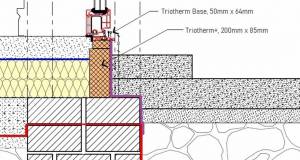 Prodomo offer certified thermal brackets for windows and doors
Prodomo offer certified thermal brackets for windows and doors -
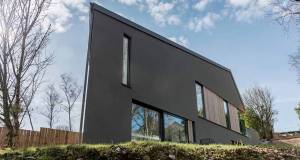 Prestige Aluclad: bespoke passive glazing can be competitive
Prestige Aluclad: bespoke passive glazing can be competitive

